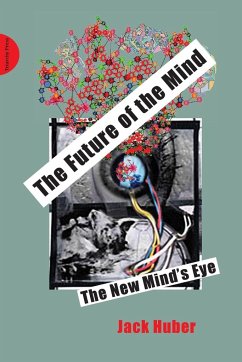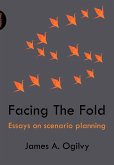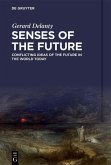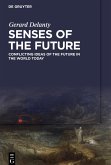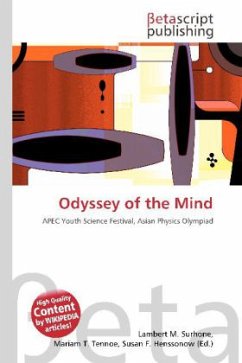Our lives are increasingly spent online. Work, friends, games, reading - all are increasingly digital and virtual. Google Glass is next. How are these extraordinary changes affecting our brains, our minds and the way we think, talk and relate? Parents, scientists, doom-mongers and sociologists are among the many people speculating about what is going to become of us as we become increasingly absorbed by electronic media and ever more remote from our natural environment. Jack Huber is clear that what he calls 'the cyberous' is changing the whole way that our minds work. But he is also clear that we can't hope to understand the effects and implications fully without a better understanding of how the mind came to be what it is over the course of human evolution. So he takes us on a historical and biological tour of the human-mind-in-its-environment and focuses on three 'trajectories' in particular: 1)our capacity to recognise patterns (which includes our capacity to use and understand metaphor), 2) vision (which is much more than sight), 3)post-birth development. From there he looks at how our past will influence our future, giving us a glimpse of what collaboration with cyberous environments will bring to our minds and to 'self' in the future - a glimpse of what and who we will become. In doing so, he suggests three futures of the mind: 1) Unknowable mind, 2)Absentee mind, 3)Transcendent mind. Fascinating stuff! Is the future bright? You decide.

